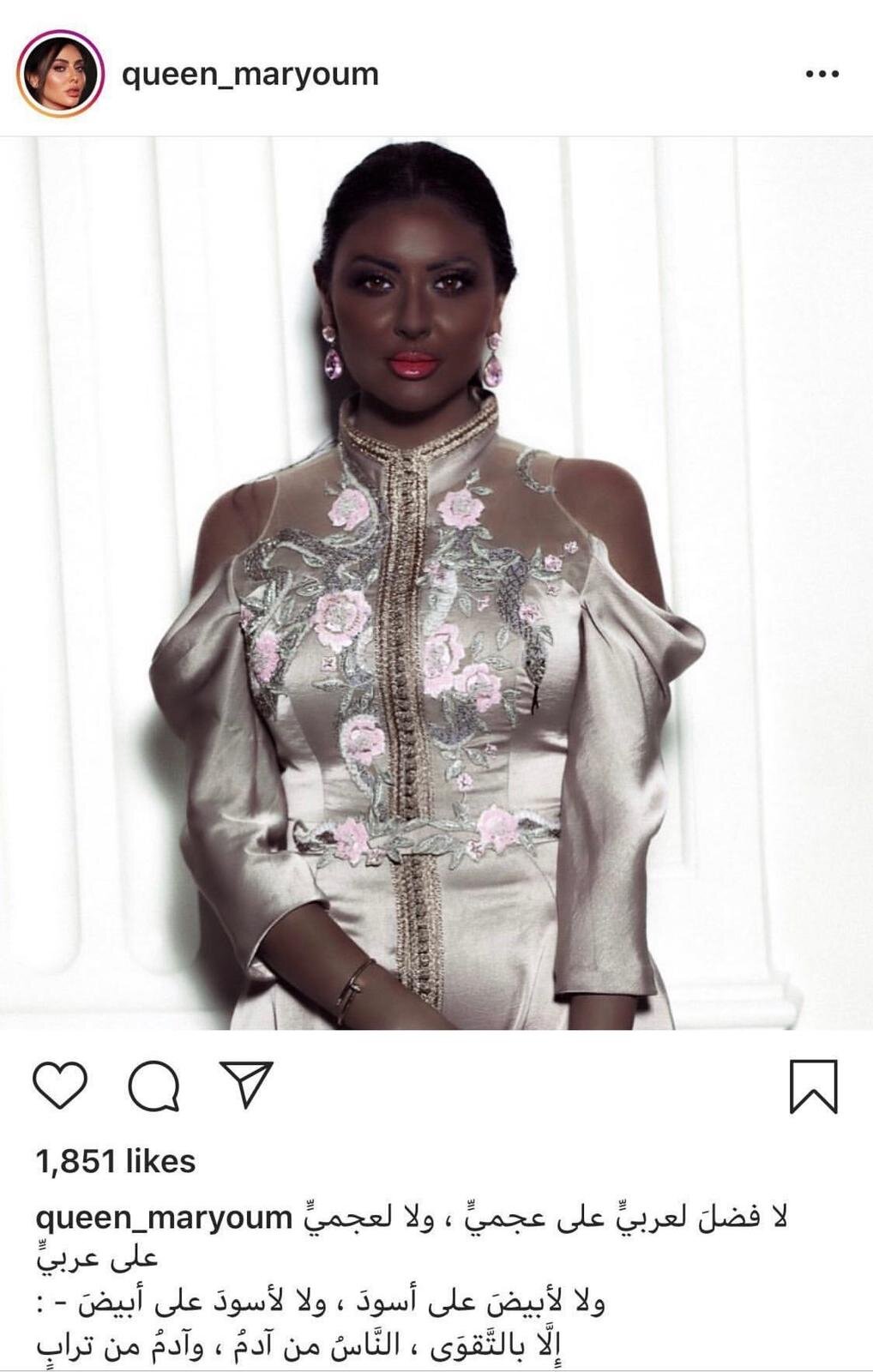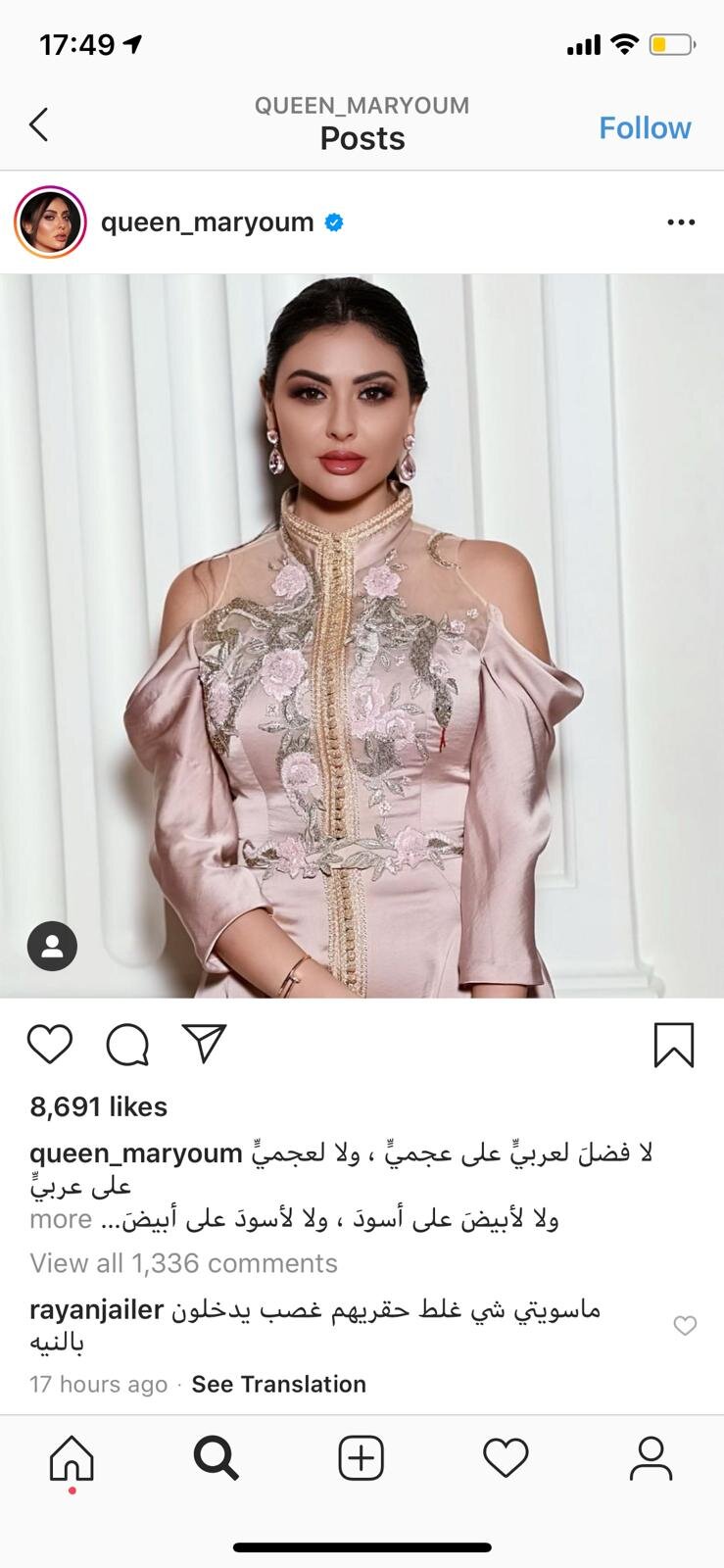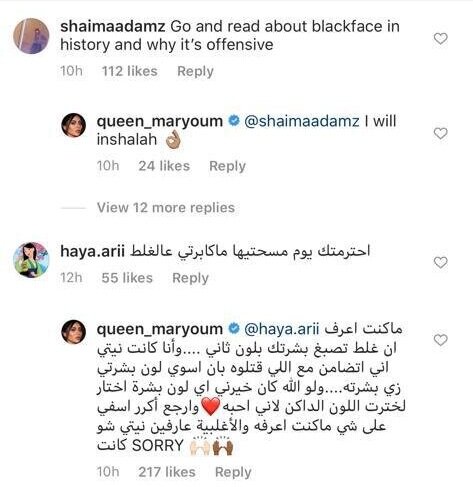I was invited by Dorna earlier this year (although it feels like 500 years ago!) to give a talk on entrepreneurship. It was humbling to be considered alongside giants like Bibi Hayat and Sawsan Daana, though my imposter syndrome kicked in for a second (am I really an entrepreneur? can I say anything worthwhile?)…but then I reminded myself of what I had accomplished so far.
My freelance writing career started at Nuqat, honing the art conference’s themes and writing up their conference and workshop guides (before that I helped establish and manage the Contemporary Art Platform, Kuwait). Slowly, my client portfolio grew, and when I say slowly, I mean that it took YEARS to have more than 2 or 3 clients.
There was a growing demand for copywriting work, in both English and Arabic, and some of my biggest struggles were around finding Arabic translators and writers that were dependable, good, and affordable. The boom in the Kuwait F&B industry around 2016 led to my workload expanding (hello, third-wave coffee! Donut burgers! Indian-Kuwaiti-Latin American-European fusion food!)
I found that my business experienced the most growth when I added Arabic to our services, and when I got the copywriting agency branded and officially registered at the bank. Now, we are The Scribes. Woohoo!
So here are my key takeaways from my Dorna talk about entrepreneurship and working for yourself:
1. Appreciate Your Privilege (but don’t undersell yourself)
There’s a privilege in taking risks. Often, starting out your business necessitates sacrifice and support, from both yourself and others. Your spouse may have extra financial strain until you start earning money. Your mental health might suffer, keeping you up with anxiety about seed money and finding office space. These stressors are also indicators that you’re pushing yourself outside of your comfort zone. Be grateful for the option to experiment and take risks.
In the beginning, I offered my services at a base rate. I charged as low as I could and sometimes did free work for students and artists.
When you’re starting out, experience matters more than pay.
That being said, you need to keep yourself motivated with the promise of a reward. It took a long time for me to get comfortable with what I charged clients, and these days what I do is break down each job by how long I think it will take and charge clients by the hour (email me or sign up for a coaching session to figure out how to price your services).
As long as you think what you’re charging is fair, DO NOT NEGOTIATE.
If you see the clients’ point — let’s say you want to charge them for 5 design options, and they only want 2 — then go ahead and lower your prices. But if they just think you should charge less because they don’t want to pay, then trust me, don’t do it. This sets a bad precedent in so many ways and can affect your self-worth. The funny thing is, those clients will usually go to someone cheaper, then come back to you to fix the terrible work they got way below market price.
2. Your business can fail but your reputation PREVAILS
The only true failure is when you fail yourself and your values. It’s super important to be kind and honest in EVERYTHING you do so that you can live without regrets.
It’s super mystifying to me when people become someone else at work, as though the more shark-like and mean they become, the more successful they will be. Work doesn’t have to be stressful.
You don’t always have to get your way. Throughout the highs and lows of your life, I believe that staying graceful when things don’t go your way is one of the most important successes you can attain. You can be successful and treat people you work with kindly - make jokes, inquire (appropriately) about their personal lives, and comfort them when they’re worried. It’s wonderful to be known as someone who is good at what they do and is easy to work with. Your career becomes (mostly) pure joy!
3. Find Balance
There are two prevailing stereotypes of people who work for themselves: the pajama-wearing bum and the tireless hustler. Let yourself be both!
For me, this means waking up early and being pretty disciplined about how I spend the first few hours of my day since it’s when my brain is the freshest. I highly recommend the book Atomic Habits - it’s helped me see my habits as a “stack” of actions.
I realize there’s a ‘yin’ and a ‘yang’ energy throughout my days. Sometimes I’m writing, producing, ideating and other times I’m reading, researching, and listening. When my career is more ‘yang’ i.e. my schedule is more full and intense, I make sure to ‘yin’ a little bit extra in my personal life i.e. I treat myself to a massage over the weekend or salon treatment. What’s the point of making money if you don’t use some of it to treat yourself? When my career is a bit more ‘yin’ and my schedule is not as full, I take on challenges in my personal life, i.e. I re-organize my space, sign up for a course, or organize a gathering, and so on.
I even adjust my workout intensity according to what’s going on at work!
4. Female vs. Feminine Empowerment
I don’t like being called a “female entrepreneur.” Female is not an adjective. Feminine is. Often, we are rewarded for being masculine at work - for thinking in a linear fashion, sealing deals, being focused, and intent about achieving what we set out to do.
Culturally, we don’t applaud feminine behavior in the workplace, though it’s often what keeps the whole machine oiled.
Both men and women and can be both feminine and masculine in the workplace. I like to recognize that a big part of my success comes from my feminine skillset, which includes emotional labor such as:
Listening to what everyone has to say and integrating it into the final outcome
Caring for everyone’s wellbeing and doing things like organizing team retreats or ordering the food for meetings
Assuring everyone that everything will be ok that we will meet the deadline, please the client, etc (also known as surface acting).
5. COMPETITION IS GOOD
First of all, competition is how you know there is a demand for what you have to offer.
Second of all, competition keeps you on your toes. It pushes you to specialize in what you’re good at and to keep learning new skills.
I prefer to think of my competitors merely as other creatures in my eco-system. I reach out to other copywriters when a client asks for something I think they’d be better at, and pass the job along to them with the hope that they’d do the same for me.
This might sound really dumb, but that’s what capitalism wants you to think. I end up with clients that respect me more, instead of ones that are disappointed with what I have to offer.
I think asking for help is one of the biggest shows of strength and self-compassion. When I ask for help, I’m also giving someone else the opportunity to feel useful. We all like to feel needed, no?
And speaking of help, please comment below with some advice for other people who want to be their own boss!








